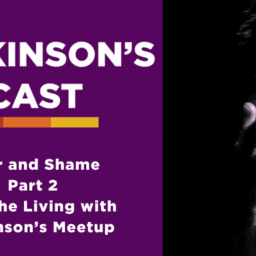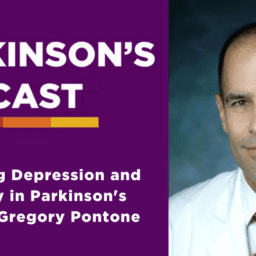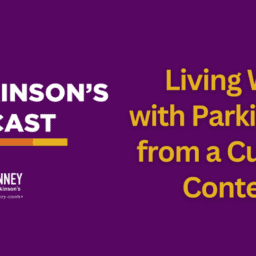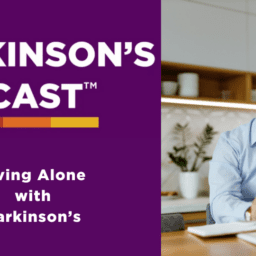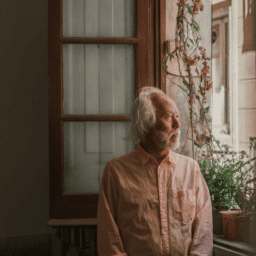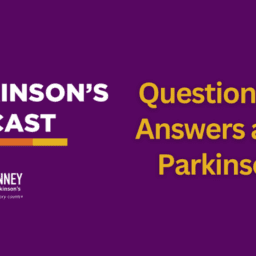Written by Rabbi Rena Arshinoff
Body, mind, and spirit are human components that are intertwined. The concept of spirituality is complex and sometimes used interchangeably with religion, yet religion refers to an institutionalized set of dogma, practices and rituals of a particular faith. Spirituality does not; rather, it is about wellbeing, one’s sense of wholeness, connection to others, and the search for one’s place in the universe. For some people, spirituality includes religion, but not for all. Everyone has a personal spirituality, but people living with a chronic illness can overlook their sense of wholeness and connection, albeit understandably, to focus on physical symptoms and medications. Spiritual care, therefore, must be given special attention.
Shalom & Shalem
Illness challenges our notions about how the world works. One basic, Judao-Christian spiritual belief is that we are created in God’s image. The Bible says: “For in His image did God make man” (Genesis 9:6). We think of the image of God in physical terms, because this is what is familiar to us; but, the Divine image encompasses other attributes, such as speech, will, reason, spirituality, kindness and moral sense. We carry God within us, regardless of how our physical body functions. The Hebrew word “shalom” means peace. Another word from the same root is “shalem,” which means wholeness. Wholeness is experienced by the many gifts life offers, such as love, friendship, morality, contributions and shared ideas. Together, shalom (peace) and shalem (wholeness) bring contentment to our lives. Easier said than done with Parkinson’s.
The Webster-Merriam dictionary defines “body image” as “a subjective picture of one's own physical appearance established both by self-observation and by noting the reactions of others.” How we look affects our sense of self; how we feel about ourselves influences our identity and quality of life. Body image in Parkinson’s has a powerful influence on one’s sense of dignity and wholeness. People may struggle with their identity wondering, “Who am I now?” and questioning their personal value as physical symptoms change and/or appear. Joseph Meszler, in his book Facing Illness, Finding God, wrote “Even this new person in the mirror we do not want to accept has meaning and value to God.” People living with Parkinson’s may wonder if they are being “punished” by God or may express anger at God and sometimes feel guilty about having such thoughts. It is acceptable to be angry at God.
Spirituality for some people does not include God; for some, spirituality may come from nature or a world cause. Whatever it means for you, spirituality is important in living with Parkinson’s, a condition which entails losses on many levels that need to be grieved. Loss is accompanied by suffering, and suffering can be accepted, if not completely explained, through spirituality. In his book, Man’s Search for Meaning, Viktor Frankl wrote about the meaning of suffering:
We must never forget that we may also find meaning in life even when confronted with a hopeless situation, when facing a fate that cannot be changed. For what then matters is to bear witness to the uniquely human potential at its best, which is to transform a personal tragedy into a triumph, to turn one’s predicament into a human achievement.
Can one turn the predicament of living with Parkinson’s into a human achievement? Without a known cure for Parkinson’s, you may feel disconnected and lost at times. Talk and think often about important roles you have had and still have. Grieve your losses, and feel your sadness, anger, worry or jealousy.
Maintaining Community
A Jewish concept teaches, “Do not separate yourself from the community,” — remain involved with your community and in your personal world. Go to day programs, exercise programs and activities that involve being with others. Isolation is a first step to social withdrawal, so it is important to not let it happen. Friendship is an important spiritual experience that brings wholeness to all parties involved; maintain friendships because they are so very fulfilling. For some, attending religious services brings joy and contact with others. It may be challenging to get to a service or, once there, hard to stay for an entire service. If so, have members of the religious community come visit you at home. Asking for a session with clergy or a counselor can bring profound insight as you speak about topics difficult to share with family.
Some people with Parkinson’s worry about being a burden to their family, which can cause great spiritual angst. Meszler asks this question: would we consider God to be a burden? As you are an image of God, you are not a burden. He writes “You are a creation of God, capable of inspiring others. You have a unique perspective on life that is worth sharing.” Others living with Parkinson’s benefit from sharing with you, just as you benefit from them; support groups are worth attending.
Sharing as a means of spiritual care
Another spiritual concept is caring for your body; sometimes help is needed to do so. Seeking and accepting help is not a weakness, but a strength, and is a way of caring your body and yourself. Reframe thinking from what you cannot do to what you can do. This is a reminder of who you are now and always have been and contributes to your sense of personal value, despite having Parkinson’s.
Remember that spirituality is an important element of living well with Parkinson’s. Your personal sense of spirituality can be expressed and honoured in many ways, but it almost certainly always involves love and gratitude for the people in your life. Express to loved ones your appreciation for their help and love, or express your frustrations. Martin Buber spoke of the space in relationships where trust and sharing take place: this space is where we find the Divine. Sharing both your love and your sorrow, your joys and your concerns with those important to you will help bring them and you shalem at the same time.
Remember that your stories are important; they reflect who you are spiritually and what matters to you. Do what brings you joy to experience shalom and shalem. Even better, do it with the people who are special to you. In living with Parkinson’s, remember that you matter; you are not your Parkinson’s; you are an image of the Divine. Your dignity and identity are important to yourself, your loved ones, and your community, all of whom make up the person that you are.
Find More Articles Like This
Much more can be found in a powerful new edition of our free Every Victory Counts® manual. Our Every Victory Counts® manual gives people living with Parkinson’s, their care partners and their family members the tools they need to take control of their own Parkinson’s treatment through a proactive approach to self-care.
Request your copy of the new Every Victory Counts manual by clicking the button below.
Thank you to the Every Victory Counts manual sponsors:







